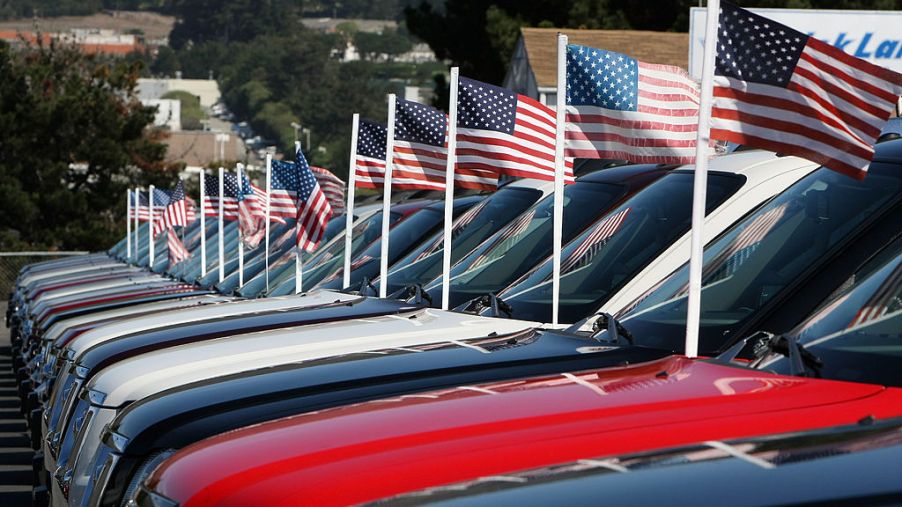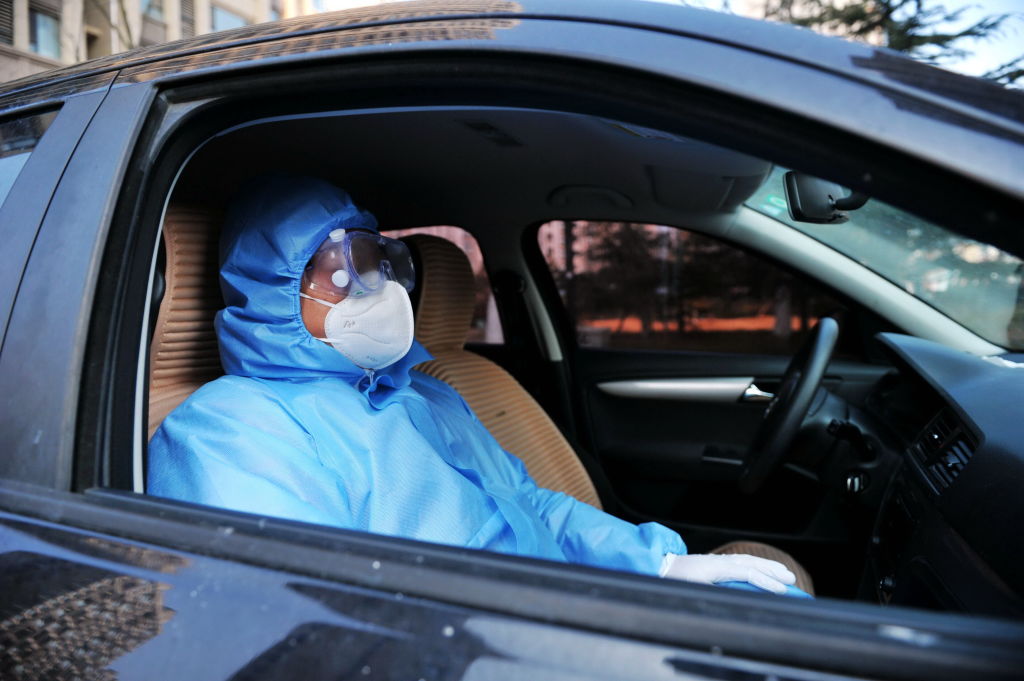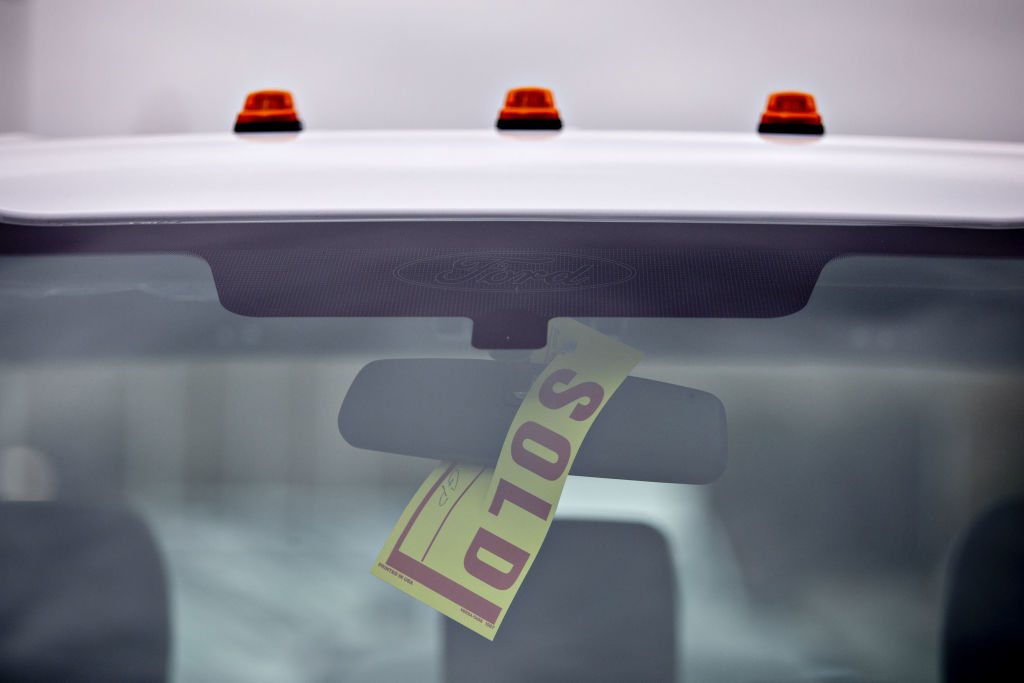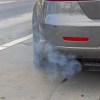
Pandemic Forces Car Dealers to Adjust Sales Model
Online buying services such as Carvana and Vroom have been trying to disrupt the traditional car-buying process for years. The Coronavirus is also a disrupter. The outbreak of the coronavirus may play into a more robust and stable future for the online services as opposed to the traditional car dealerships, at least for the short-term.
Get The Lead-In
Traditional car dealerships focus primarily on getting the people submitting online queries about vehicles on their lots to their dealerships right away. They already know that people will search for information on vehicles before even submitting that inquiry to the dealership.
But, once the dealership receives that inquiry, the race starts to respond to the customer quickly and get them to come in as soon as possible. Once in the showroom, dealership sales teams can figure out if a person actually has the ability to purchase.
The buying services, such as Carvana and Vroom, are different. They are geared toward a complete online buying experience. Although they are required to have dealership licenses, they tend to see themselves as a service more than a traditional dealer. They stock the cars, advertise the cars on their lot, and ship the cars as necessary, like a traditional dealer. However, their business model has the customer doing the shopping online. This includes having the vehicle dropped off in the customer’s driveway.
Little Foot Traffic

During this COVID-19 outbreak that the world is currently experiencing, traditional car dealerships are left with fewer and fewer people entering their doors. In many cases, dealerships are closing according to closures dictated by their state government for virus containment. For the few that remain open, getting the customer to come in their doors is understandably a non-starter in many cases. So, dealerships are quickly trying to adjust to the online sales model, or least as close as possible to it.
Some traditional dealerships have BDC’s, or Business Development Centers, that follow up with online leads. Other dealerships rely on the sales professionals assigned to an online lead to follow up with the customer. In either case, prior to the COVID-19 outbreak, the focus of the BDCs or the sales professional was to get the customer in the showroom. Now, the car dealerships that remain open are looking at any possible way they can salvage the loss of people entering the dealership, including how they can orchestrate the online sale.

Online Buying Services Already Exist
Carvana and Vroom already have the online business model up and running. Although there has been some argument in the automotive industry community as to whether or not the shop-from-home online business model can be profitable, COVID-19 is looking like it will certainly lend a hand. Carvana and Vroom have a small advantage already because that is their sole selling model. While the financing, vehicle choice, and scheduling of the delivery of the vehicle can be done online through their services, even the paperwork package that needs signatures can be easily be modified to be touchless.
On the flip side, traditional dealerships that are not quick to embrace technology are being threatened by the COVID-19. Even if they don’t have staffing that’s infected, there is still a huge loss of foot traffic. That leaves them having to adapt quickly or potentially face having to close their doors due to lost revenue. As a result, the online purchasing model may be something that takes greater hold in the coming weeks as traditional dealers adapt to the present reality of consumers being quarantined.


